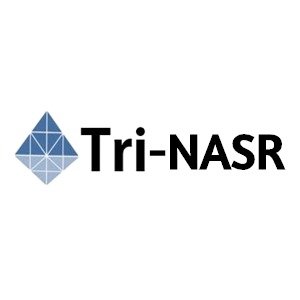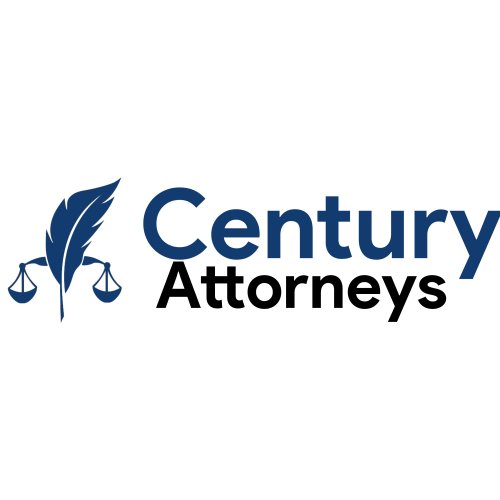Best Fintech Lawyers in Kano
Share your needs with us, get contacted by law firms.
Free. Takes 2 min.
List of the best lawyers in Kano, Nigeria
About Fintech Law in Kano, Nigeria
Fintech, short for financial technology, refers to the use of technology to provide innovative financial solutions and services. In Kano, Nigeria, Fintech has gained significant popularity in recent years, revolutionizing the financial sector and enabling greater access to financial services for individuals and businesses.
Why You May Need a Lawyer
While Fintech offers numerous benefits, navigating the legal landscape can be complex. It is essential to seek legal advice in situations such as:
- Obtaining the necessary licenses and permits to operate a Fintech business
- Drafting and reviewing contracts and agreements related to Fintech transactions
- Ensuring compliance with relevant financial regulations
- Protecting intellectual property rights associated with Fintech innovations
- Resolving disputes or addressing legal issues that arise in the Fintech industry
Local Laws Overview
Kano, Nigeria, follows national laws related to Fintech. Some key aspects of local laws that are particularly relevant include:
- Central Bank of Nigeria Act: The Central Bank of Nigeria (CBN) oversees financial institutions and sets regulations for Fintech activities.
- Securities and Exchange Commission (SEC) Act: SEC regulates digital financial assets and securities offerings within the Fintech sector.
- The Nigeria Data Protection Regulation (NDPR): This regulation governs the collection, processing, and storage of personal data by Fintech companies.
Frequently Asked Questions
1. Is a license required to operate a Fintech business in Kano, Nigeria?
Yes, certain Fintech activities require licenses from regulatory bodies such as the Central Bank of Nigeria or the Securities and Exchange Commission. It is crucial to consult with a lawyer to ensure compliance with licensing requirements.
2. What are the regulations surrounding digital payment platforms in Kano?
Digital payment platforms are regulated by the Central Bank of Nigeria under the Guidelines on Mobile Money Services and the Guidelines on Global Standing Instruction. These regulations ensure the security and integrity of digital payments.
3. How are Fintech companies regulated to protect consumers in Kano?
Fintech companies in Kano are subject to consumer protection regulations outlined by the Central Bank of Nigeria. These regulations aim to safeguard the interests of consumers and ensure fair practices in Fintech services.
4. Can Fintech startups raise funds through crowdfunding in Kano, Nigeria?
Yes, Fintech startups can raise funds through crowdfunding in Kano, Nigeria. However, it is important to comply with the regulations set by the Securities and Exchange Commission to avoid any legal issues.
5. What legal considerations should Fintech companies keep in mind when handling customer data?
Fintech companies in Kano must adhere to the Nigeria Data Protection Regulation (NDPR) when collecting, processing, and storing customer data. It is advisable to implement robust data protection measures and seek legal advice to ensure compliance.
Additional Resources
If you require legal advice or further information regarding Fintech in Kano, Nigeria, consider contacting:
- Kano State Ministry of Justice
- Nigerian Communications Commission (NCC)
- Nigeria Fintech Association
Next Steps
If you need legal assistance or advice specific to Fintech in Kano, Nigeria, it is recommended to:
- Research and identify lawyers or law firms experienced in Fintech law.
- Contact the chosen lawyer or law firm to schedule an initial consultation.
- During the consultation, discuss your specific Fintech-related legal concerns.
- Consider engaging the lawyer or law firm to provide legal representation or guidance.
Lawzana helps you find the best lawyers and law firms in Kano through a curated and pre-screened list of qualified legal professionals. Our platform offers rankings and detailed profiles of attorneys and law firms, allowing you to compare based on practice areas, including Fintech, experience, and client feedback.
Each profile includes a description of the firm's areas of practice, client reviews, team members and partners, year of establishment, spoken languages, office locations, contact information, social media presence, and any published articles or resources. Most firms on our platform speak English and are experienced in both local and international legal matters.
Get a quote from top-rated law firms in Kano, Nigeria — quickly, securely, and without unnecessary hassle.
Disclaimer:
The information provided on this page is for general informational purposes only and does not constitute legal advice. While we strive to ensure the accuracy and relevance of the content, legal information may change over time, and interpretations of the law can vary. You should always consult with a qualified legal professional for advice specific to your situation.
We disclaim all liability for actions taken or not taken based on the content of this page. If you believe any information is incorrect or outdated, please contact us, and we will review and update it where appropriate.











